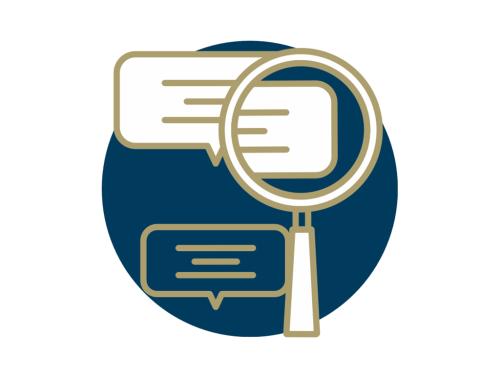How Declining Budgets at U.S. Regulatory Agencies Could Improve Performance


The GW Regulatory Studies Center scholars regularly conduct applied research to understand regulatory policy and practice from a public interest perspective. Our content often takes the form of public interest comments, formal testimony, working papers, policy insights, and short commentaries analyzing the most pressing issues in regulatory policy. View the rest of our material by the different types of publications listed on this page or our research areas.

Long-form publications intended for academic audiences that take a deep dive into a particular aspect of regulatory policy.

Scholarly analysis of the potential effects of particular rulemakings from federal agencies, and advice to Congress on how to improve the rulemaking process.

Short-form publications intended for all audiences which provide easy to access analysis of regulatory policy.

Formal publications, often completed with other leading organizations and individuals, providing a thorough understanding of regulations and the rulemaking process.

The weekly Regulation Digest contains everything you need to know about regulatory policy today, and our monthly Center Update gives you all of the latest from our team.
For accessible charts and supporting data that you can use in your own publications or presentations, visit the Reg Stats page.
Improving Evaluation of Chemical Regulations
Ex ante evaluation would improve regulatory accountability
Since the inception of the U.S. Environmental Protection Agency (EPA), considerable emphasis has been placed on the use of prospective policy analysis tools...
Improving Benefit-Cost Analysis by Making It Simpler
Earlier and less burdensome regulatory impact analyses would lead to more transparent, better regulatory decisions.
Regulators' Budget Report: OIRA Shrinks as Responsibilities Grow
The 2017 Regulator’s Budget reveals a trend of staff and budgetary growth for most federal agencies while OIRA is left behind.
